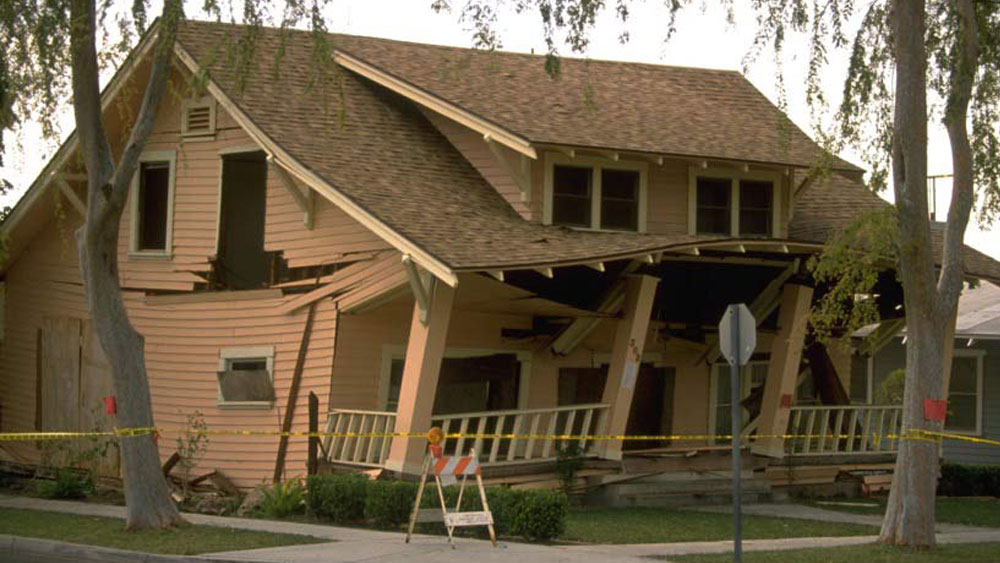
The ground rumbles and buildings shake as energy waves travel through the earth's crust. An average of 55 earthquakes happen every day worldwide. But while some include tiny shocks and tremors that reoccur throughout an area, others have the potential to be severe and devastating.
Dr. Maria Koliou, assistant professor in the Zachry Department of Civil and Environmental Engineering, received a Faculty Early Career Development (CAREER) Award from the National Science Foundation (NSF) to study the impact of these seismic events on aging wooden residential buildings and communities.
The CAREER award is one of the most prestigious awards for up-and-coming researchers. The grant provides funding to support promising integrated research and education projects.
"The findings of this study will advance our understanding of the interplay between chronic and acute hazard effects on wooden residential buildings and enable the development and evaluation of mitigation strategies that will improve functional housing recovery," Koliou said.
Local communities and governments can use these mitigation strategies as a framework for post-disaster rehabilitation and pre-disaster preparedness. According to Koliou, wood-frame structures represent the vast majority of single- and multi-family residential units in the U.S., and about 38% of houses were built before 1970, now more than 50 years old.
"The aging of such buildings may significantly increase the risk of extensive damage in the event of a natural hazard, resulting in costly unplanned maintenance/repair work and injuries, fatalities and population dislocation,” she said. “Through our work, we will evaluate the response of housing infrastructure of various ages and environmental exposures to propose mitigation strategies to improve their response to earthquake events."
The outcomes will inform building codes on the response and capacity of aging residential infrastructure and influence the adoption of environmental degradation in the design of new homes.
As part of the CAREER award, Koliou will focus on education and outreach of her work to various audiences, including middle school students and Hispanic female college students, to develop and prepare a diverse STEM workforce with interdisciplinary training to tackle future housing challenges.
This award contributes to the NSF's role in the National Earthquake Hazards Reduction Program.